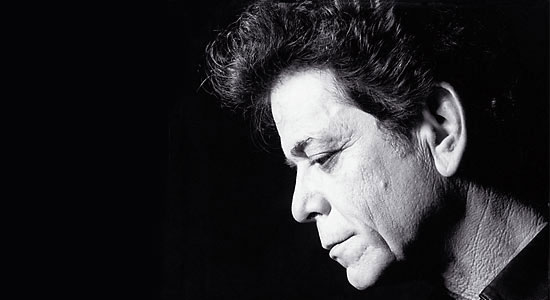As 2010 has come to an end, we are taking a look back at some of our favorite posts of the year by our guest editors.
 Fronted by the nervous guitar and earnest vocals of Richard Barone, the Bongos grabbed the torch from the Talking Heads to light the way into the 1980s for a second generation of eye-opening New York bands that sounded nothing like their predecessors. Dedicated to the proposition that the tired and huddled masses could still find comfort at CBGB (or at Maxwell’s across the Hudson River), the Bongos ruled the greater-NYC roost. A stimulating succession of solo releases, topped by this year’s Glow (Bar/None), leaves no doubt that Barone is still hitting on all cylinders, a vital and imaginative force in today’s music scene when most of his contemporaries have fallen by the wayside. Barone will be guest editing magnetmagazine.com all week. Read our Q&A with him.
Fronted by the nervous guitar and earnest vocals of Richard Barone, the Bongos grabbed the torch from the Talking Heads to light the way into the 1980s for a second generation of eye-opening New York bands that sounded nothing like their predecessors. Dedicated to the proposition that the tired and huddled masses could still find comfort at CBGB (or at Maxwell’s across the Hudson River), the Bongos ruled the greater-NYC roost. A stimulating succession of solo releases, topped by this year’s Glow (Bar/None), leaves no doubt that Barone is still hitting on all cylinders, a vital and imaginative force in today’s music scene when most of his contemporaries have fallen by the wayside. Barone will be guest editing magnetmagazine.com all week. Read our Q&A with him.

Barone: Anyone reading this is aware of the extraordinary importance and influence of Lou Reed on what we call “alternative” music. It’s been clear, really, since 1965 or so when with the Velvet Underground, he combined the previously disparate elements poetry, noise and melody to create a canon of literate, multi-leveled masterpieces that not only endures but grows in stature with each passing year. Unlike the majority of his peers, Lou is always relevant. When he touched on glam rock in the ’70s, he did so in a way that wiped out the competition with a hit anthem that sounds cool in any era or setting and that left his street creds fully intact. One way he did this was by his true poetic originality. Although Dylan may come to mind as a comparison, for my money Lou spells it out better with more style and fewer words. And while it was the glam era that put him on the radar, Reed was quick to move on to endless artistic heights and emotional depths. From Berlin to Rock ‘N’ Roll Animal to Metal Machine Music to Street Hassle to New York to Songs For Drella to Hudson River Wind Meditations to what ever comes next. I recently saw Lou creating power-soaked waves of textural guitar in front of Maya Deren’s 1948 experimental film Meditation On Violence, improvising to the black-and-white images of beauty and violence on the screen behind him. It never seems like he’s “dabbling” in various styles or projects. He is always submerged in the process. He is always completely real. Always poetic. Lou Reed’s entire life and work are his greatest poem.
Video after the jump.
http://www.youtube.com/watch?v=UCMCS_xwtNk






